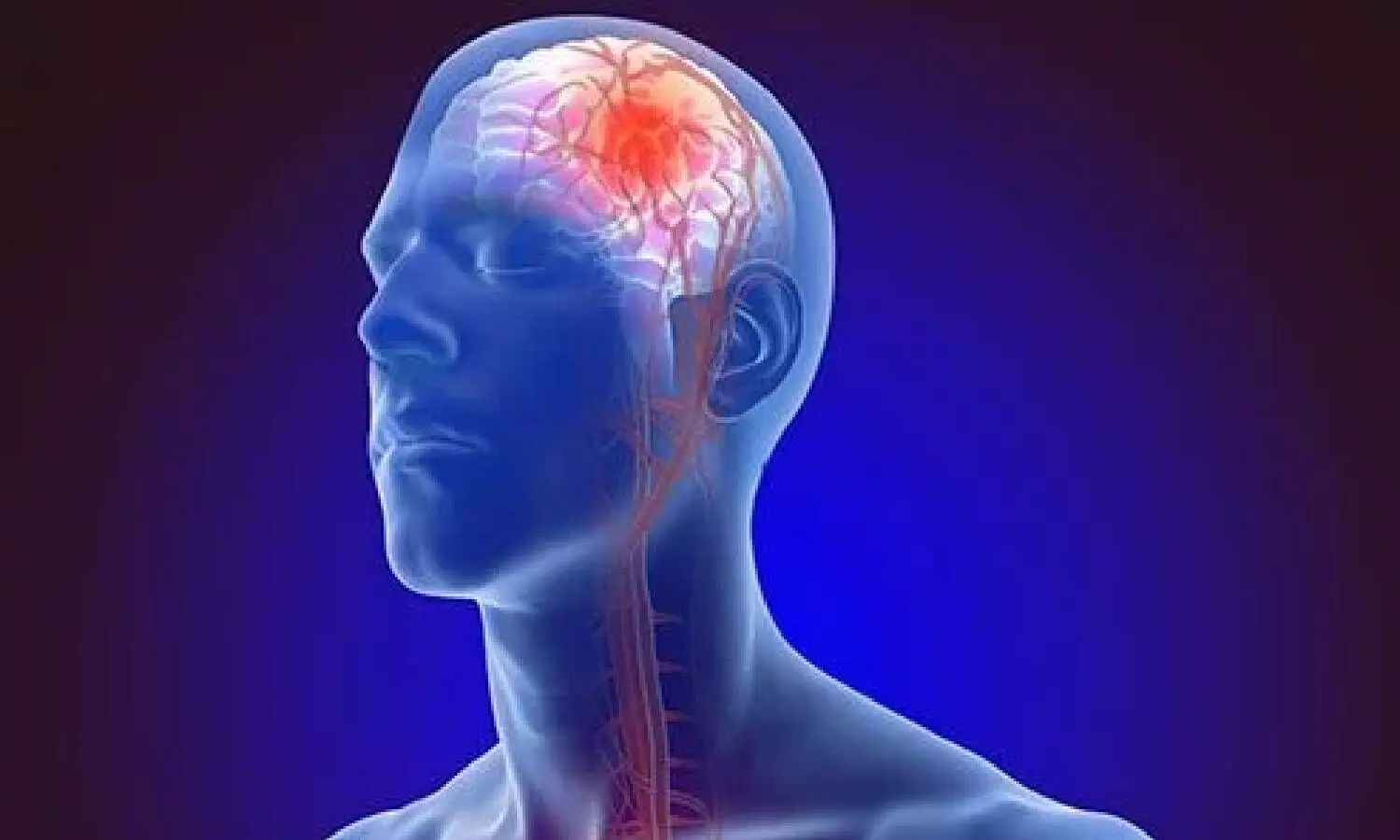Can cold water baths cause strokes during winter? Here's what doctors say
With winter comes many health issues—respiratory problems, bone-related diseases, and viral flu. But one serious issue not often discussed is stroke that affects both the brain and the heart.
By Sumavarsha kandula
Hyderabad: With winter comes many health issues—respiratory problems, bone-related diseases, and viral flu. But one serious issue not often discussed is stroke that affects both the brain and the heart.
A 2014 study, "Stroke after cold bath," found that a 5°C drop in temperature was associated with a 7% increase in admissions for stroke. The authors attributed the high incidence of a stroke to changes in lipid profile, blood pressure, and coagulation during winter.
NewsMeter spoke to Dr. Manoj Vasi Reddy, a consultant neurologist at Amor Hospitals, and Dr. M. Sreenivas Rao, a senior consultant cardiologist at Apollo Hospitals, to know the causes and precautions to protect ourselves from a stroke this winter.
When asked if cold water baths are harmful to one's health, Dr. Manoj said there is no literature to prove that conclusively. "Furthermore, there is a considerable difference between cold water at room temperature and ice-cold water. Prolonged exposure to ice-cold water reduces core temperature and may harm the body," he added.
Dr. Sreenivas explained, "Winter and low environmental temperatures are dangerous for the human body, and hospitals see an increase in heart attack and stroke paralysis patients in the winter season."
Further explaining the reason for heart strokes during low temperatures, he said it happens due to the constriction of a blood vessel to conserve body heat, leading to increased pressure on the heart.
"As the heart has to pump blood in constricted vessels, having a bath with cold water puts more pressure on the heart and makes one prone to health hazards," he added.
Ischemic strokes: What are they?
Another major health risk is Ischemic strokes, which are known to increase during cold seasons, that affect the brain.
Dr. Manoj said there have been sporadic reports in India of strokes after people have taken cold water baths in rivers during winter for religious reasons.
When asked how ischemic strokes are caused, he said, "Theoretically, cold water causes constriction of arteries in the limbs, which increases peripheral resistance, indirectly increases blood pressure, and causes a stroke."
Speaking about people with certain medical conditions who should avoid cold water baths, Dr. Sreenivas said specific rheumatological conditions are associated with Raynaud's phenomenon where the blood vessels contract due to exposure to the cold.
"Health of people with heart conditions like atrial fibrillation also deteriorates with a reduction in core body temperature," he added.
Precautions to be taken
Wear warm clothes and cover your body adequately to protect yourselves from the cold, Dr. Sreenivas said. "Having warm food, like soup or porridge, once a day will increase central body temperature. And keeping room temperature at adequate levels helps a lot," he advised.
Dr. Manoj added, "The most crucial step would be to educate oneself about recognising the symptoms of stroke and seeking prompt medical help."
A few common symptoms are a rapid onset of numbness or weakness in an arm or leg, imbalance, inability to interpret what another person or we are saying, and a sudden problem with eyesight.